Publications
Articles, publications, books, tools and multimedia features from the U.S. Institute of Peace provide the latest news, analysis, research findings, practitioner guides and reports, all related to the conflict zones and issues that are at the center of the Institute’s work to prevent and reduce violent conflict.
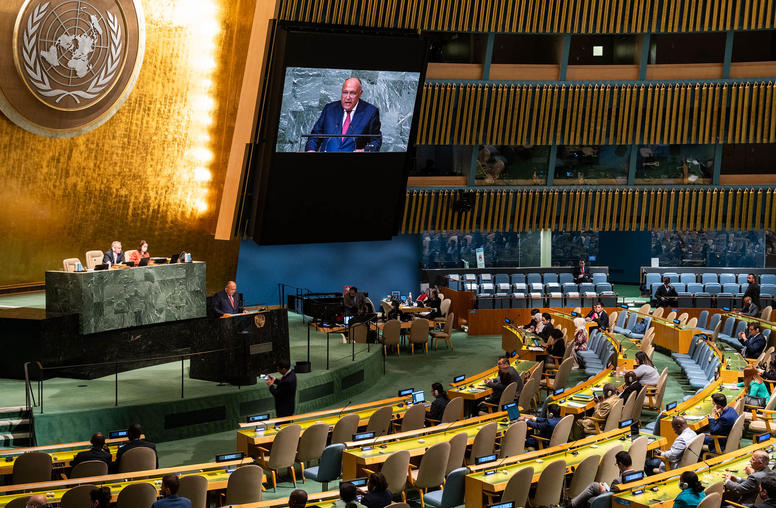
The New Nonaligned Movement Is Having a Moment
Russia’s invasion of Ukraine has accentuated emerging geopolitical trends that have coincided with the rise and intensification of great power competition. The re-emergence of the nonaligned movement (NAM) as a geopolitical force is perhaps the most salient example. Indeed, this month’s edition of Foreign Affairs — a reliable barometer of key trends in international affairs — is dedicated to the “nonaligned world.” By definition, NAM states do not want to be forced to choose sides between the United States and/or Russia and China. But as we move into a multipolar era of accelerating great power competition, these states will find themselves caught between major powers.
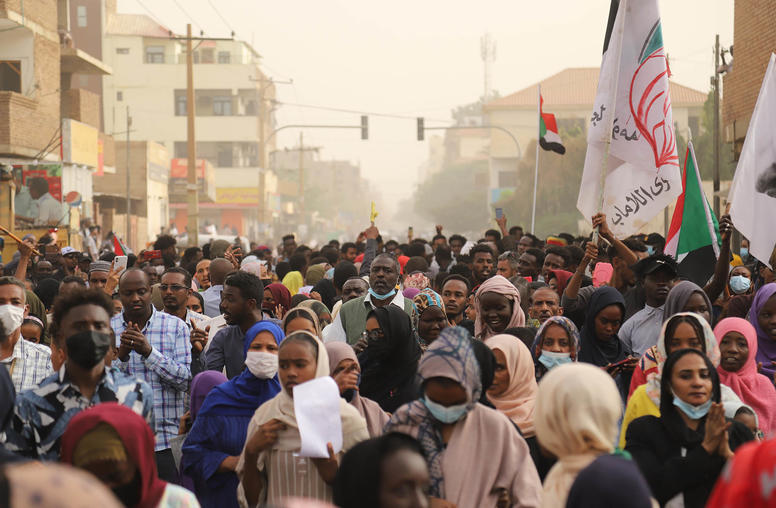
Amid Sudan’s Chaos, Youth Groups Work for Peace
Amid Sudan’s battle between security forces loyal to rival generals, young civil society leaders are working to stem the violence. These leaders are part of grassroots youth networks that have been central to Sudan’s five-year-old citizens’ movement for a transition from military rule to democratic civilian governance. Against the current violence, youth-led efforts are combating misinformation, providing humanitarian aid and organizing crowdfunding to secure food and medicine. As the international community presses combatants to end the conflict and safeguard civilians, it is crucial that they also support the youth-led civil society initiatives to stop the violence and address its causes.
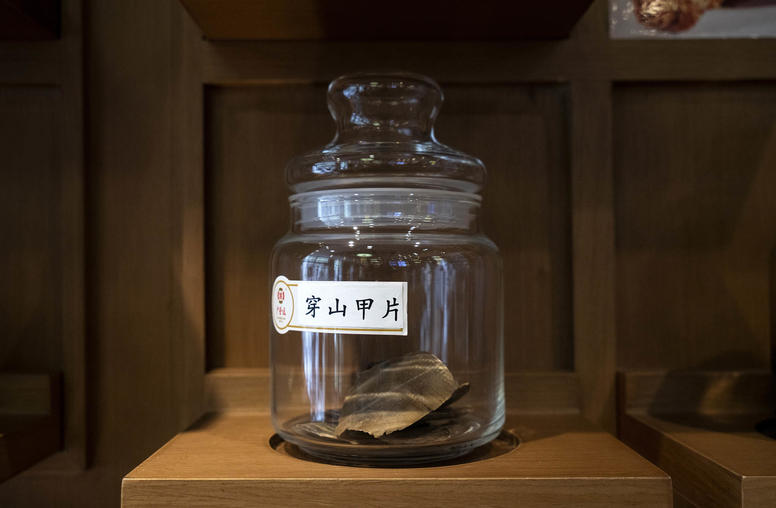
Peace, Poaching and Pangolins in Central Africa
The pangolin — also known as the scaly anteater — is a small, primarily nocturnal mammal that lives in parts of Africa and Asia. Reportedly the most trafficked animal in the world, the pangolin is desired for its scales and its meat, particularly in Southeast Asia. Data shows that a pangolin is poached every three to five minutes. But the demise of the poor pangolin, as well as other trafficked species, has implications beyond the obvious risks to biodiversity. As new research shows, the proceeds of wildlife trafficking also contribute to violent conflict in Central Africa. Researcher Alexia Tata discusses the findings of her research on this issue and its implications for peace and security in the region.

Susan Stigant on the U.S. Response to the Fighting in Sudan
As the Sudanese military and Rapid Support Forces continue fighting, the United States needs to avoid getting “caught in the trap that we’re trying to choose one [side] over the other. At the end of the day, there’s a third voice here, and that’s civilians and the Sudanese people,” says USIP’s Susan Stigant.
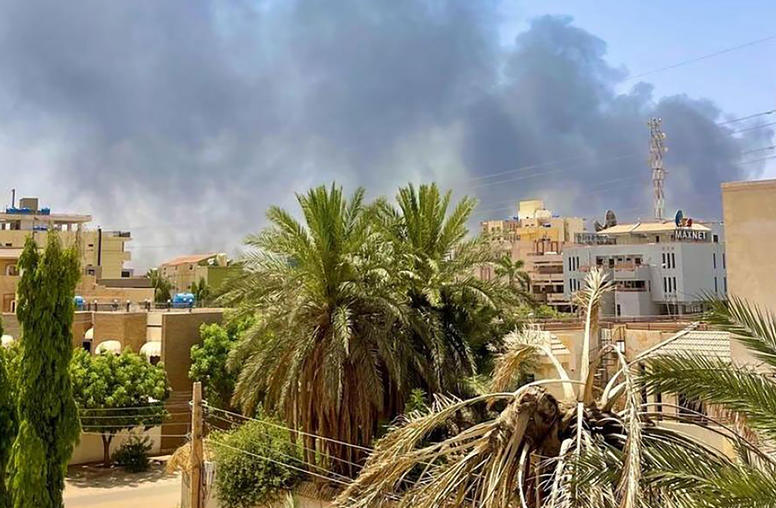
What’s Behind the Fighting in Sudan?
Since Saturday, violent clashes between the Sudan Armed Forces (SAF) and the paramilitary Rapid Support Forces (RSF) have been raging in the capital Khartoum and in other strategic areas throughout the country. While it’s unclear who initiated the fighting, the situation brings the de-facto leader of Sudan, the SAF’s General Abdel Fattah al-Burhan, into direct confrontation with his deputy, the RSF’s General Mohamed Hamdan Dagalo, who is also referred to as “Hemetti.”
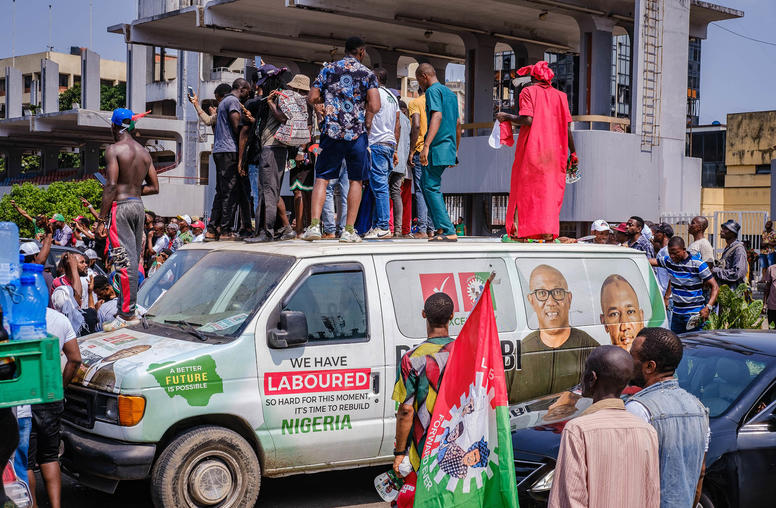
After Nigeria’s Elections: Nurturing the Seeds of Better Democracy
Nigeria’s latest elections heighten the country’s need for a reset of its democracy. Nigeria’s two dominant parties abandoned an informal pact that has rotated power between north and south, papering over the deeper, wider problem of ensuring real political inclusion among Nigeria’s disparate regions and communities. The recent national and state-level votes failed to deliver anguished Nigerians the promise of wider voter participation and transparent election results. Still, the campaigns and voting contained seeds for critical change that now must be cultivated by Nigeria’s newly elected government; its courageous, pro-democracy civil society; its vast, energized youth population; and its partners.
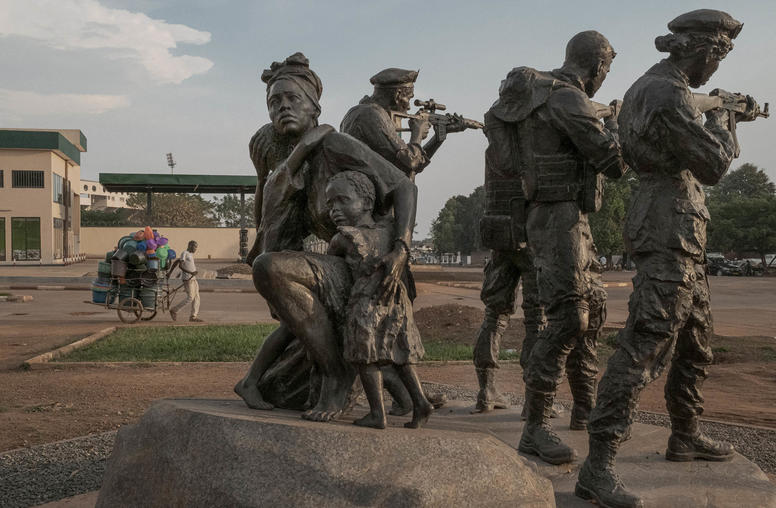
In Africa, Here’s How to Respond to Russia’s Brutal Wagner Group
The United States is rightly concerned at the growing role in Africa of Russia’s Wagner Group, which operates as an auxiliary of President Vladimir Putin’s authoritarian regime. Where African governments have asked Wagner for security assistance, the group deploys military, economic and political interventions that deepen violence, corruption and authoritarian governance. Wagner’s role disrupts Africans’ efforts to move their countries from violent conflict to stability. Yet many Western responses are ineffective, even playing into Kremlin messaging to Africa and the Global South. An effective alternative requires that we listen to Africans’ voices and respond based on our shared values.
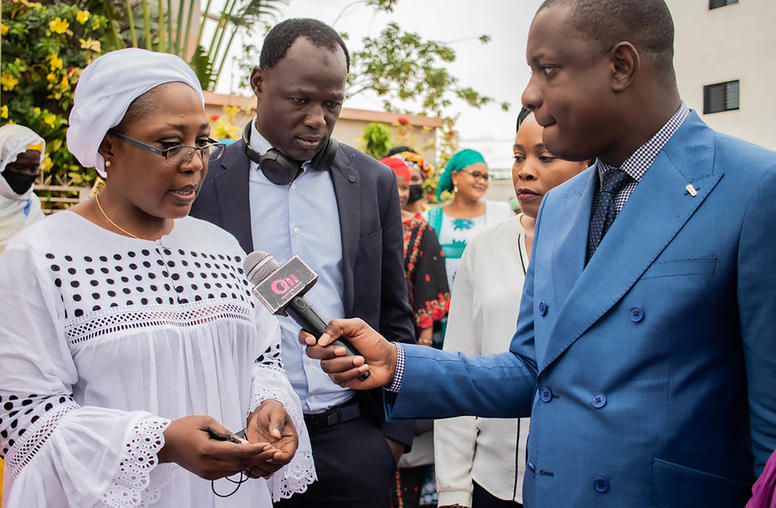
Au Mali, la société civile joue un nouveau rôle dans la transition démocratique
Au cours de la décennie qui a précédé les deux coups d'État militaires de 2020 et 2021 au Mali, les griefs persistants en matière de gouvernance ont priver les civils de services publics fiables, pendant que l'armée s’efforçait de contenir les groupes extrémistes violents. L'espoir d'un retour rapide à un régime civil après le coup d'État s'est estompé au fur et à mesure que le pays approche sa troisième année sous un régime militaire. En dépit des efforts du gouvernement de transition pour établir une feuille de route pour les élections de 2024, des préoccupations s’agrandissent par rapport à la capacité de l'infrastructure nécessaire pour mener à bien le processus et s'aligner sur le calendrier prévu.

In Mali, Civil Society Takes on New Role in the Democratic Transition
In the decade leading up to Mali’s two military coups in 2020 and 2021, persistent governance grievances had left civilians without reliable public services while the military struggled to contain violent extremist groups. Hopes for a quick return to civilian rule post-coup have faded, as the country now nears three years under the rule of military leaders. While the transitional government has laid out a roadmap toward 2024 elections, there are growing concerns about the infrastructure capacity to carry out elections within that timeframe.

Thomas Sheehy on Vice President Kamala Harris’ Visit to Africa
Vice President Kamala Harris’ trip to Ghana, Zambia and Tanzania is further indication that “the U.S. is finally waking up” to opportunities in Africa, says USIP’s Thomas Sheehy. “Africans want choices, they don’t want to be dependent just on Chinese investment … they want the U.S. engaged.”